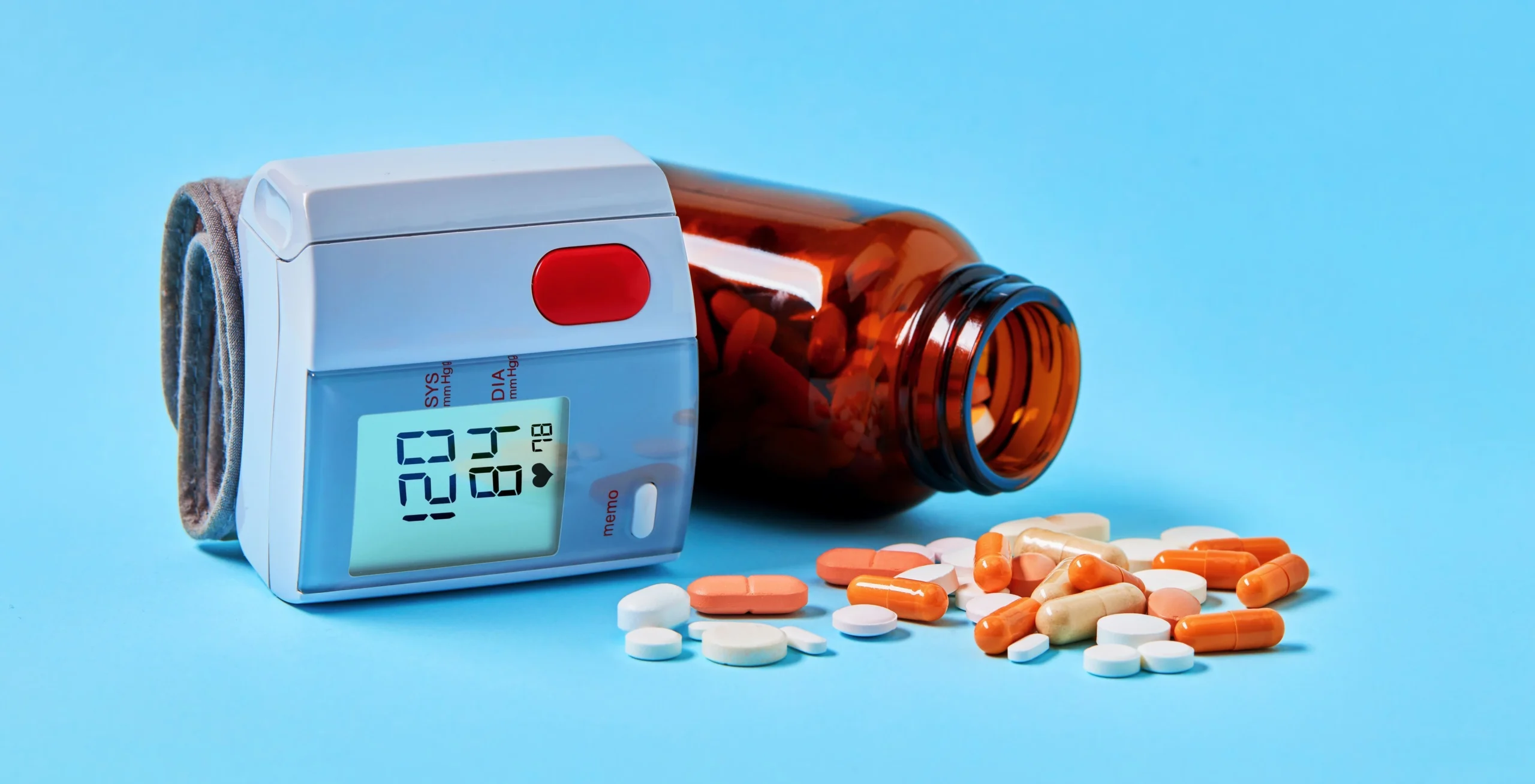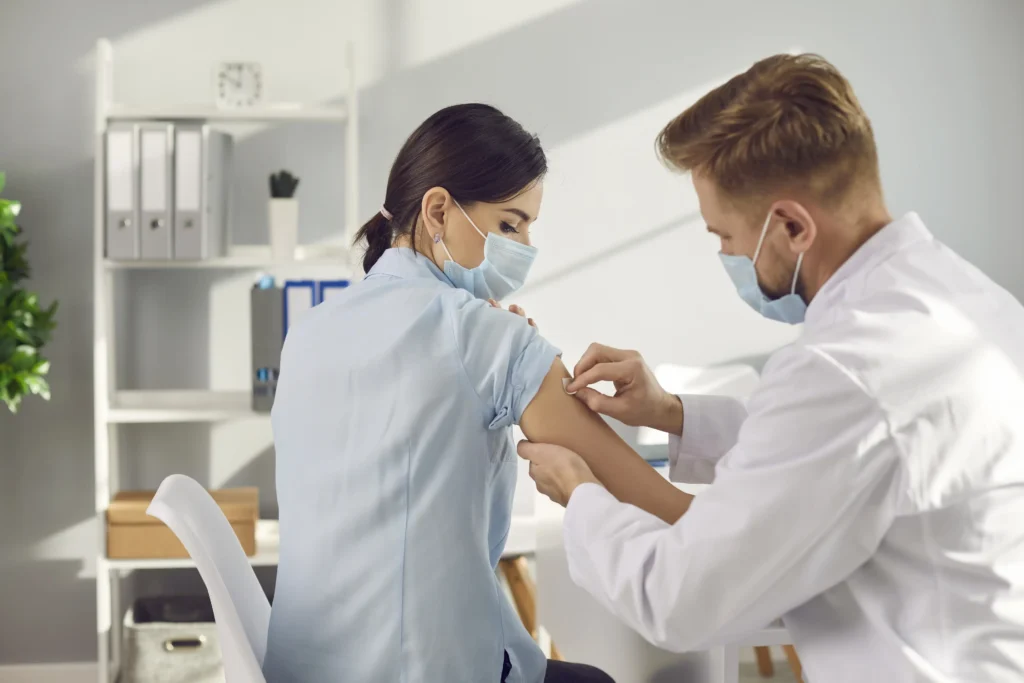580,000 Bottles of Blood Pressure Drug Recalled for Cancer Risk: What Patients Should Know
The FDA has confirmed a nationwide recall of more than 580,000 bottles of the prescription medication prazosin hydrochloride (1 mg, 2 mg, and 5 mg capsules) after testing found nitrosamine impurities above the agency’s acceptable limits—compounds that, with long-term exposure, may increase cancer risk. The recall was initiated by Teva Pharmaceuticals USA and distributor Amerisource Health Services in October and classified by the FDA as a Class II recall.

What’s being recalled—and why
- Products: Prazosin HCl capsules (1 mg, 2 mg, 5 mg).
- Scope: More than 580,000 bottles distributed nationwide.
- Reason: Presence of nitrosamine impurities (often labeled “N-nitroso…”) above FDA limits. Nitrosamines can form during manufacturing or storage and are considered potentially carcinogenic.
- FDA classification: Class II (the product may cause temporary or medically reversible adverse health effects; the probability of serious harm is remote).
Context: This is the latest in a series of recalls tied to nitrosamine contamination in certain medications.
If you take prazosin (Minipress®/generic), do this now
- Don’t stop your medication abruptly without medical advice. Sudden discontinuation can be dangerous for blood pressure control. Call your prescriber or pharmacist to confirm whether your specific bottle/lot is affected and to arrange a safe replacement.
- Check recall details (lot numbers, NDCs, dates) via the FDA’s enforcement listings or by asking your pharmacy to verify your lot.
- Store your medication properly (away from heat and moisture). Improper storage can contribute to impurity formation over time.
- Document everything: keep photos of the bottle (label + lot/expiration), purchase records, and any communications with your pharmacy/insurer.
Who might be impacted
- Patients using prazosin for hypertension and, in some cases, PTSD-related nightmares or sleep disturbances.
- Individuals with bottles dispensed between January 2024 and August 2025 may be more likely to hold affected lots, based on distribution data in recall notices. (Your pharmacy can verify)
Health risks: what we know (and don’t)
- Nitrosamines are common in the environment (foods, water) and the FDA sets strict daily limits for drug products. The risk from a single affected bottle is generally low, but long-term exposure above limits is the concern prompting this recall.
- The FDA and CBS reporting note no immediate injuries reported in connection with these lots at the time of publication.
Practical next steps for patients and families
- Ask for an alternative. There are other antihypertensives your physician can prescribe while supply chains sort out unaffected prazosin.
- Request a replacement or refund from your pharmacy for recalled product; many pharmacies have established workflows for FDA drug recalls. (They will confirm eligibility via lot/NDC data)
- Report issues (side effects, problems obtaining a replacement) to FDA MedWatch. This helps regulators track real-world impact.
Legal considerations (product safety/recall)
If you or a loved one suffered harm potentially linked to contaminated prazosin you may have rights under product liability and consumer protection laws. Preserving evidence is critical:
- Keep the bottle, remaining pills, and receipt (don’t discard without documenting).
- Photograph the label, lot, and expiration date.
- Save medical records and pharmacy communications about the recall and any medication changes.
Our firm evaluates these cases and can advise on claims against manufacturers/distributors, including damages for medical expenses and other losses. (Consultations are time-sensitive given notice and statute-of-limitations requirements in your state.)
Contact us today for a free consultation.
Sources
- CBS News: “580,000 bottles of a blood pressure drug recalled over cancer risk, FDA says” (published Oct. 31, 2025).
- FDA: Enforcement/recall listings and guidance on Control of Nitrosamine Impurities in Human Drugs.
- Associated Press coverage summarizing the FDA action and Class II designation.




